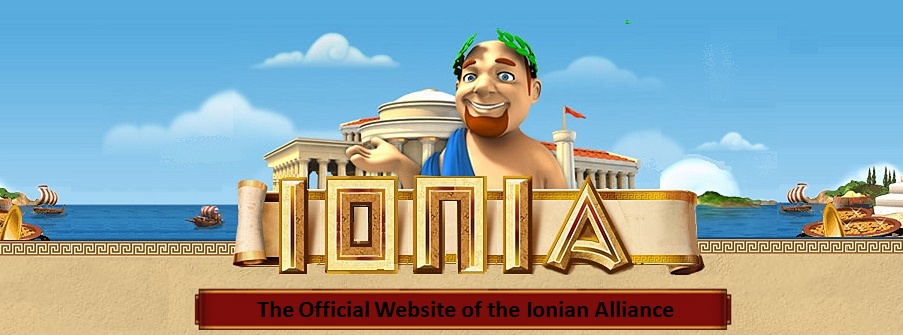Plato
Plato (428/427 BC 348/347 BC), whose original name was Aristocles, was an ancient Greek philosopher, the second of the great trio of ancient Greeks, succeeding Socrates and preceding Aristotle who between them laid the philosophical foundations of Western culture. Plato was also a mathematician, writer of philosophical dialogues, and founder of the Academy in Athens, the first institution of higher learning in the western world. Plato is widely believed to have been a student of Socrates and to have been deeply influenced by his teacher's unjust death.
Plato's brilliance as a writer and thinker can be witnessed by reading his Socratic dialogues. Some of the dialogues, letters, and other works that are ascribed to him are considered spurious. Plato is thought to have lectured at the Academy, although the pedagogical function of his dialogues, if any, is not known with certainty. They have historically been used to teach philosophy, logic, rhetoric, mathematics, and other subjects about which he wrote.
Plato influenced the work of Aristotle, Neoplatonism, Cicero, Plutarch, Stoicism, Anselm, Descartes, Hobbes, Leibniz, Mill, Schopenhauer, Nietzsche, Heidegger, Arendt, Gadamer and countless other western philosophers and theologians.
Plato's influences were Socrates, Homer, Hesiod, Aristophanes, Aesop, Protagoras, Parmenides, Pythagoras, Heraclitus and Orphism.
Plato's main interests were Rhetoric, Art, Literature, Epistemology, Justice, Virtue, Politics, Education, Family and Militarism
